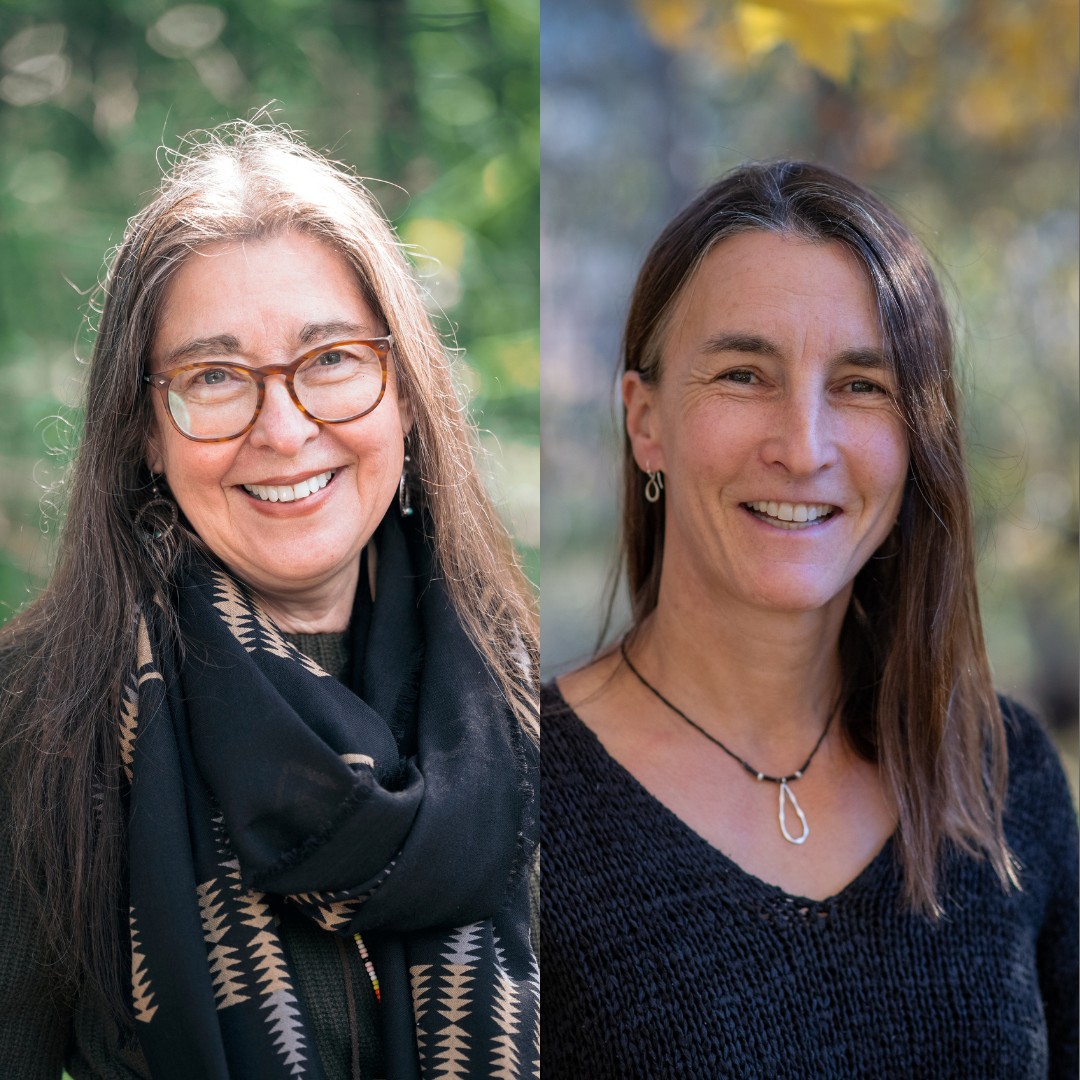
Cristina Eisenberg and Susan J. Prichard
Cristina Eisenberg and Susan J. Prichard
Braiding Indigenous Knowledge and Western Science Approaches to Forest Adaptation

November 07, 2024 - 12:00 PM
Given the immense cultural and ecological value of forests, the US federal government, Tribal Nations, and the public sector are considering strategies for sustaining forests, including a recent Executive Order by President Biden and the proposed National Old Growth Amendment. In this joint presentation, Cristina Eisenberg and Susan J. Prichard synthesize the best-available Western Science and braid it together with Indigenous Knowledge (IK), called Two-Eyed Seeing, to consider the historical, pre-settlement context of old and mature forests, as well as forward-looking strategies for climate change adaptation. A cross-boundary issue for many forests is a legacy of settler colonialism and loss of Indigenous stewardship and beneficial fire, including cultural burning. Informed by the geographic diversity of forests and communities that live within them, Eisenberg and Prichard provide a brief overview of ecocultural systems and climate adaptation strategies across major forested regions of North America, and an overview of the strategies they recommend for stewarding these forested regions for climate resilience, and the principles for partnering ethically with Tribal Nations in forest ecocultural restoration.
Speaker Biographies
Cristina Eisenberg - Associate Dean for Inclusive Excellence, Maybelle Clark Macdonald Director of Tribal Initiatives in Natural Resources, Oregon State University
Dr. Cristina Eisenberg is the Associate Dean for Inclusive Excellence and Maybelle Clark Macdonald Director of Tribal Initiatives in Natural Resources at the Oregon State University College of Forestry. Eisenberg is the Director of the Indigenous Natural Resource Office and the TEK Lab. Eisenberg is of Raramuri and Western Apache heritage and has partnered with Indigenous communities globally for nearly 20 years to lead research about how Indigenous Knowledge, cultural stewardship practices, and cultural keystones can restore climate resilience to forests and grasslands. She leads two long-term ecocultural restoration research projects working with Tribal Nations on the northern great plains and in western Oregon. Eisenberg partners with the US Forest Service in facilitating ecocultural Tribal Roundtables in the US.
Susan Prichard - Research Scientist, School of Environmental and Forest Sciences (SEFS), University of Washington
Dr. Susan Prichard is a fire ecologist and has worked as a research scientist for the past 20 years at the University of Washington School of Environmental and Forest Sciences. Her main interests are in the effects of fire and other disturbances on forest dynamics, climate change on forest ecosystems, and fuel treatment options to mitigate fire severity and smoke impacts in fire-prone forests. Prichard lives full-time in the Methow Valley near Winthrop, Washington. Having lived through record-setting wildfire seasons, she is focused on applied research questions that help to inform adaptive management under climate change.